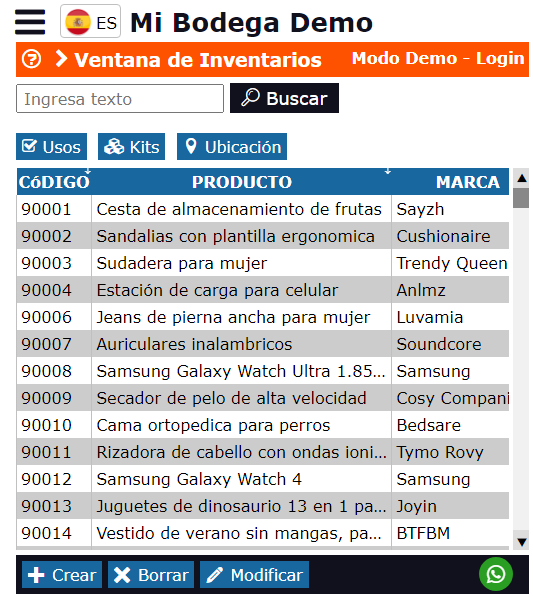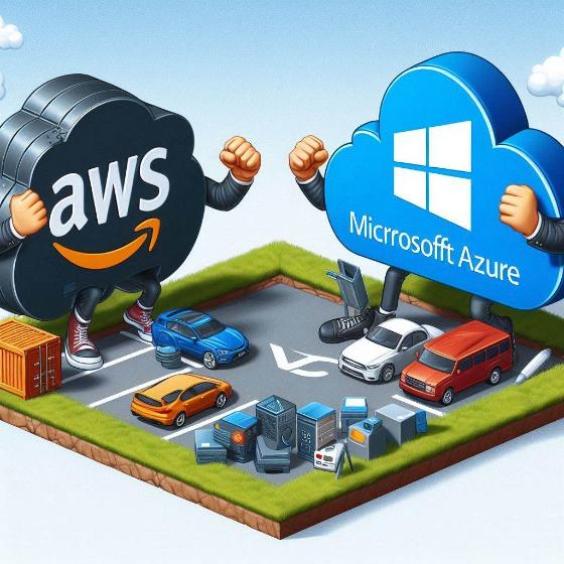Evolution of Accounting in the 20th Century: From Computerization to Globalization
The 20th century was a period of unprecedented transformation in all aspects of life, and accounting was no exception. During this time, accounting evolved from being a laborious manual process to becoming a computerized discipline, governed by international standards, and playing a crucial role in the globalization of trade. In this article, we will explore how accounting adapted and transformed during the 20th century, marking milestones that continue to influence modern accounting practices.

Accounting in the Era of Computerization
One of the most significant changes in accounting during the 20th century was computerization. As technology advanced, especially with the invention of computers in the 1940s and their subsequent expansion in the following decades, manual accounting methods began to be replaced by computerized systems.
The use of computers allowed for the automation of many repetitive and error-prone tasks that accountants previously performed by hand, such as calculating balances, generating financial reports, and tracking inventories. This not only improved the accuracy of accounting records but also enabled companies to process large volumes of financial data in a fraction of the time previously needed.
Over time, specific accounting software programs were developed, such as Kardex for inventory control and other ERP (Enterprise Resource Planning) systems that integrated accounting with other business functions, such as human resource management and production planning. These advances revolutionized accounting, allowing companies to manage their finances more efficiently and effectively.
Emergence of International Accounting Standards
With the increase in global trade and the expansion of multinationals during the 20th century, the need arose to establish accounting standards that were accepted internationally. Prior to this period, each country had its own set of accounting principles, making it difficult to compare and consolidate financial statements of companies operating in different jurisdictions.
To address this issue, International Accounting Standards (IAS) were developed, which later evolved into International Financial Reporting Standards (IFRS), administered by the International Accounting Standards Board (IASB). These standards provide a common framework for financial reporting, ensuring that companies worldwide use a uniform accounting language.
The adoption of these standards has been fundamental to globalization, as it allows investors, regulators, and other stakeholders to easily compare financial statements of companies in different countries. This has facilitated the flow of capital internationally and promoted transparency and trust in global financial markets.
The Role of Accounting in Globalization and International Trade
As the world globalized during the 20th century, accounting played a crucial role in facilitating international trade. The ability to record, analyze, and report financial information accurately and consistently became essential for companies seeking to expand beyond their national borders.
Accounting also became vital for complying with international financial regulations and reporting to foreign investors. Multinational companies, in particular, relied on advanced accounting systems to manage their operations in multiple countries, ensure compliance with diverse regulations, and optimize their tax strategies.
Furthermore, accounting helped companies navigate the complexities of international trade, such as fluctuations in exchange rates, differences in tax systems, and managing financial risks. This enabled companies not only to operate on a global scale but also to compete effectively in an increasingly integrated international market.
The 20th century was a period of radical change for accounting, marked by computerization, the emergence of international standards, and the growing importance of global trade. These developments not only transformed the way companies manage their finances but also laid the foundation for modern accounting as we know it today.
The evolution of accounting in the 20th century is a testament to its ability to adapt to technological, economic, and social changes. Today, tools like Inventarios1A continue this tradition, offering accounting and inventory management solutions that are essential for companies seeking to thrive in a globalized environment.




